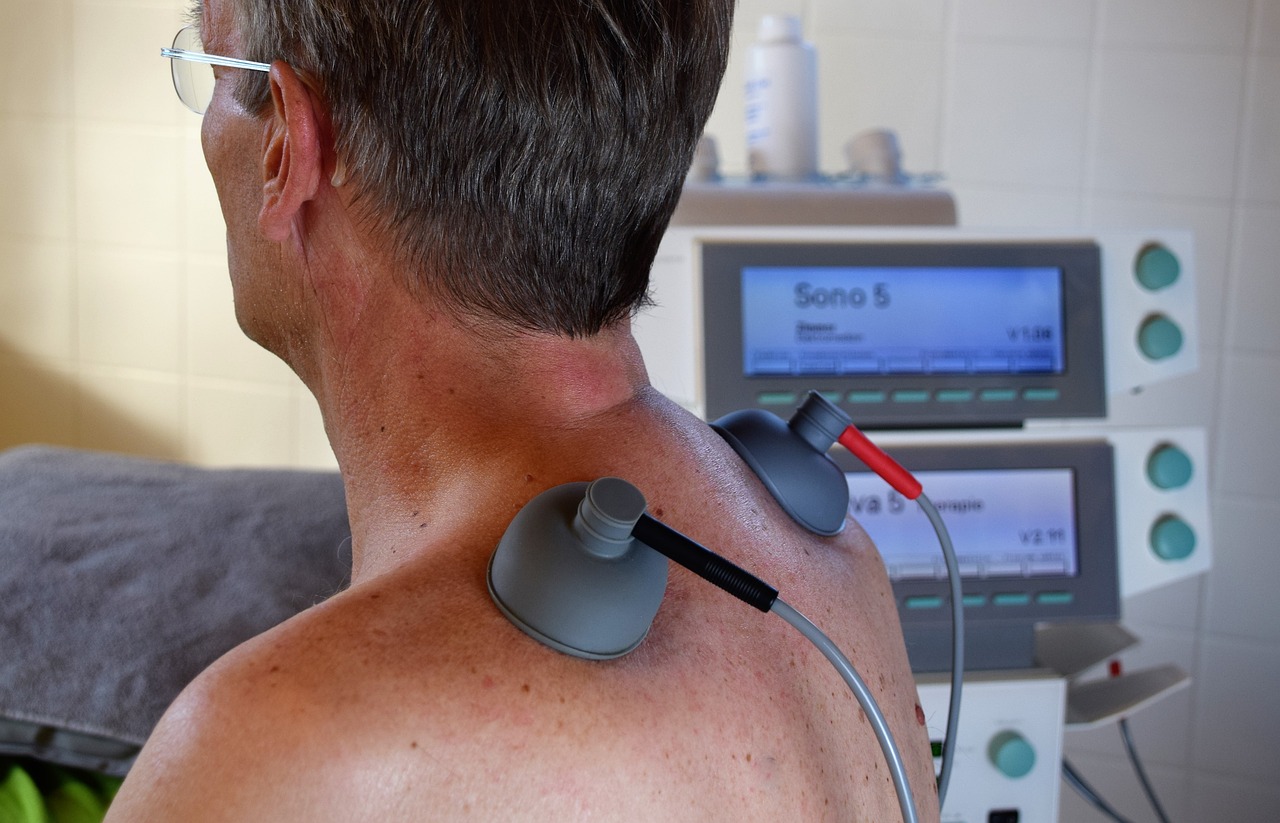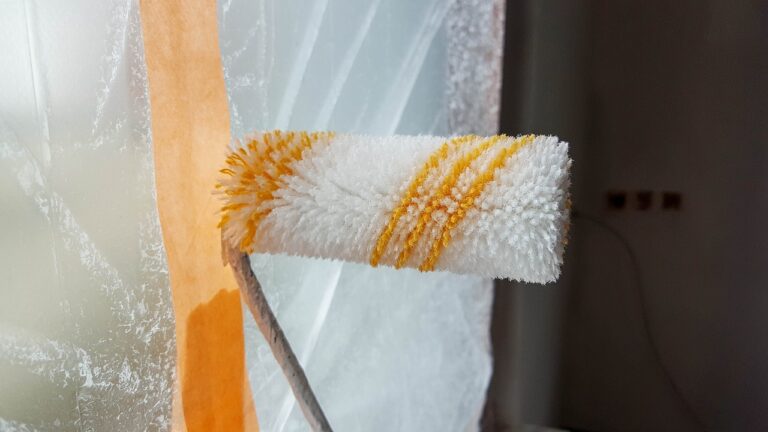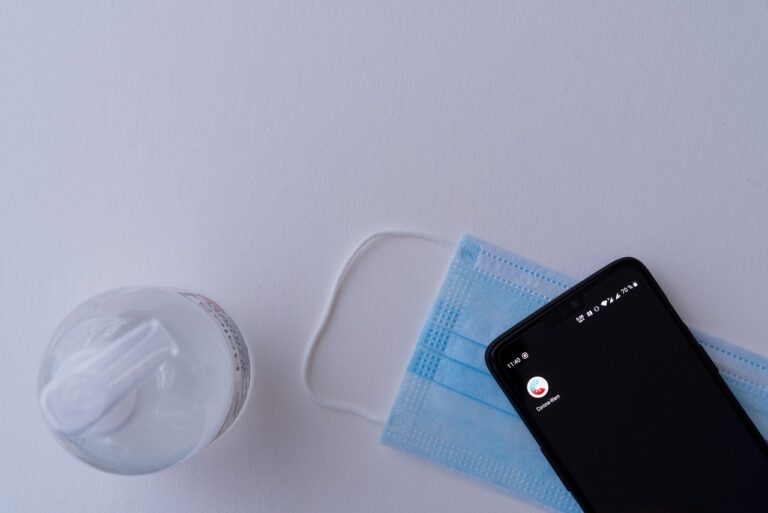The Role of Technology in Health Data Collection and Analysis
Traditional health data collection methods have long been a cornerstone of healthcare systems worldwide. However, these methods often present numerous challenges that impede seamless data collection and analysis processes. One significant challenge is the reliance on manual data entry, which is prone to human errors and can be time-consuming. Healthcare providers and personnel often face difficulties in accurately documenting patient information, leading to potential inaccuracies in medical records.
Moreover, the fragmentation of data sources within healthcare institutions poses another obstacle to traditional data collection methods. Patient data is typically stored in various systems and formats, making it challenging to consolidate information for comprehensive analysis. This fragmentation not only hinders the interoperability of data but also complicates the process of sharing and accessing vital health information efficiently. The lack of standardized protocols for data collection further exacerbates these challenges, underscoring the urgent need for innovative solutions to streamline and optimize health data collection processes.
Advancements in Technology for Health Data Collection
The development of technology has revolutionized the field of health data collection. From electronic health records (EHRs) to telemedicine, these innovations have greatly improved the efficiency and accuracy of healthcare data management. EHRs provide a centralized platform for healthcare providers to access and update patient information, leading to better coordination of care and enhanced patient outcomes.
Furthermore, telemedicine has enabled remote patient monitoring and consultations, reducing the need for in-person visits and improving access to healthcare services. With the increasing integration of artificial intelligence (AI) and machine learning algorithms in healthcare technology, data collection and analysis have become even more precise and targeted. These advancements not only streamline healthcare workflows but also pave the way for personalized medicine and more effective treatment strategies.
The Impact of Wearable Devices on Health Data Collection
Wearable devices have revolutionized the way health data is collected and monitored. These devices, such as fitness trackers and smart watches, are equipped with sensors that can track various health metrics in real time, providing a continuous stream of data. This continuous monitoring allows for a more comprehensive view of an individual’s health status, enabling early detection of any abnormalities or changes.
The use of wearable devices in health data collection has also empowered individuals to take a more proactive approach to their own health and well-being. By having access to real-time data on their physical activity, heart rate, sleep patterns, and more, individuals can make informed decisions to improve their lifestyle and make positive changes to their health habits. Wearable devices not only provide valuable data for personal use but also offer opportunities for healthcare professionals and researchers to gather insights into patterns and trends at a larger scale.
• Wearable devices have revolutionized the way health data is collected and monitored
• Equipped with sensors that track various health metrics in real time
• Provides a continuous stream of data for comprehensive view of individual’s health status
• Enables early detection of abnormalities or changes
The use of wearable devices in health data collection has also empowered individuals to take a more proactive approach to their own health and well-being. By having access to real-time data on their physical activity, heart rate, sleep patterns, and more, individuals can make informed decisions to improve their lifestyle and make positive changes to their health habits. Wearable devices not only provide valuable data for personal use but also offer opportunities for healthcare professionals and researchers to gather insights into patterns and trends at a larger scale.
• Individuals can make informed decisions based on real-time health data
• Empowers individuals to improve lifestyle and make positive changes
• Offers valuable insights for healthcare professionals and researchers
• Allows gathering insights into patterns and trends at a larger scale
What are some challenges in traditional health data collection methods?
Some challenges in traditional health data collection methods include reliance on self-reporting, limited data accuracy, and difficulty in continuous monitoring.
How have advancements in technology improved health data collection?
Advancements in technology have improved health data collection by enabling real-time monitoring, remote data collection, and increased data accuracy through automated tracking.
What is the impact of wearable devices on health data collection?
Wearable devices have revolutionized health data collection by providing continuous monitoring of various health metrics, enabling personalized insights, and promoting proactive health management.







